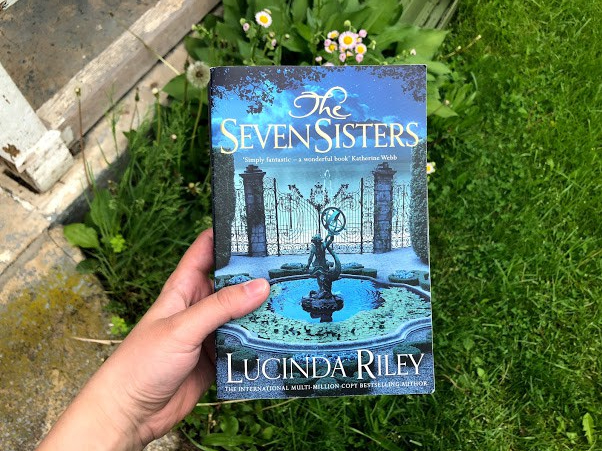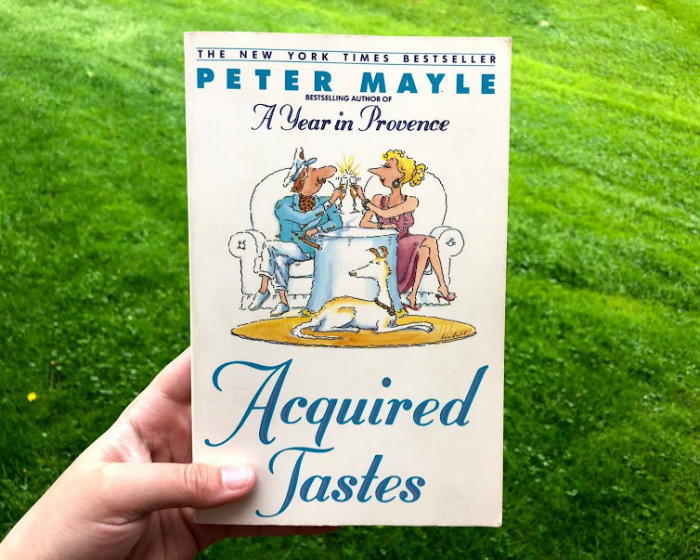
Pan Books, 2015. ISBN: 978-1-4472-1864-7
Summary, from back of book:
Maia D’Apliese and her five sisters gather together at their childhood home of Atlantis- a fabulous, secluded castle situated on the shores of Lake Geneva- having been told that their beloved father, the elusive billionaire they call Pa Salt, has died.
Maia and her sisters were all adopted by him as babies and, discovering he has already been buried at sea, each of the is handed a tantalizing clue to their true heritage- a clue which takes Maia across the world to a crumbling mansion in Rio de Janerio in Brazil. Once there, she begins to put together the pieces of where her story began…
Eighty years earlier, in the Belle Epoque of Rio, 1927, Izabela Bonifacio’s father has aspirations for his daughter to marry into aristocracy. Meanwhile, architect Heitor da Silva Costa is working on a statue, to be called Christ the Redeemer, and will soon travel to Paris to find the right sculptor for his vision.
Izabela- passionate and longing to see the world- convinces her father to allow her to accompany him and his family to Europe before she is married. There, at Paul Landowski’s studio and in the heady, vibrant cafes of Montparnasse, she meets ambitious young sculptor Laurent Brouilly, and knows at once that her life will never be the same again.
My thoughts:
It took me a while before I realized that this is the first book in a series. This is both a good thing and a bad thing, as I have almost 60 books to read lying around the house. However, this can be amended and I will try to find the others at my local library. This book was an enjoyable dip into Brazilian history, and while the premise is a little… outrageous, I liked it.
Okay, okay, the premise is truly outrageous. Six women that have been adopted by a billionaire named Pa Salt meet at their childhood castle on the shores of Lake Geneva. First, what on earth is a billionaire doing adopting six girls? Second, why isn’t he married, and what relation does the nanny have to him? Then third, what does he do for a living? While I know the author wanted me to simply accept the situation, I couldn’t. I like a decent amount of exposition, especially for a book as thick and with a wild as premise as this one. I struggled through every scene set at Atlantis. These were the parts that drug for me, and the places where I would stick in my bookmark and set the book down. However, I really loved the historical sections set in Brazil and France.
Lucinda Riley is an excellent writer of historical fiction. Brazil leapt to life from the page, and I was immediately cast into the Bonifacio’s opulent mountainside villa, I felt the wind whipping at my back on the top of Corcovado Mountain, and I could feel the clay under my fingers in Landowski’s studio. The dialogue was top-notch, and the language of the Roaring 20s felt natural to read. I felt deeply for Izabela, and I waited for the chapters dedicated to her story with baited breath. I wish that I had felt the same for Maia, but her life was too outrageous for me to accept.
Overall, this book wasn’t a quick read- at over 600 pages, I whipped through this book in a matter of days, even with the slow parts. While the life setting was a little wild, the historical settings were pitch-perfect and flowed. Even though I have many other books to read, I will keep this series at the back of my mind to look for while at the library.




